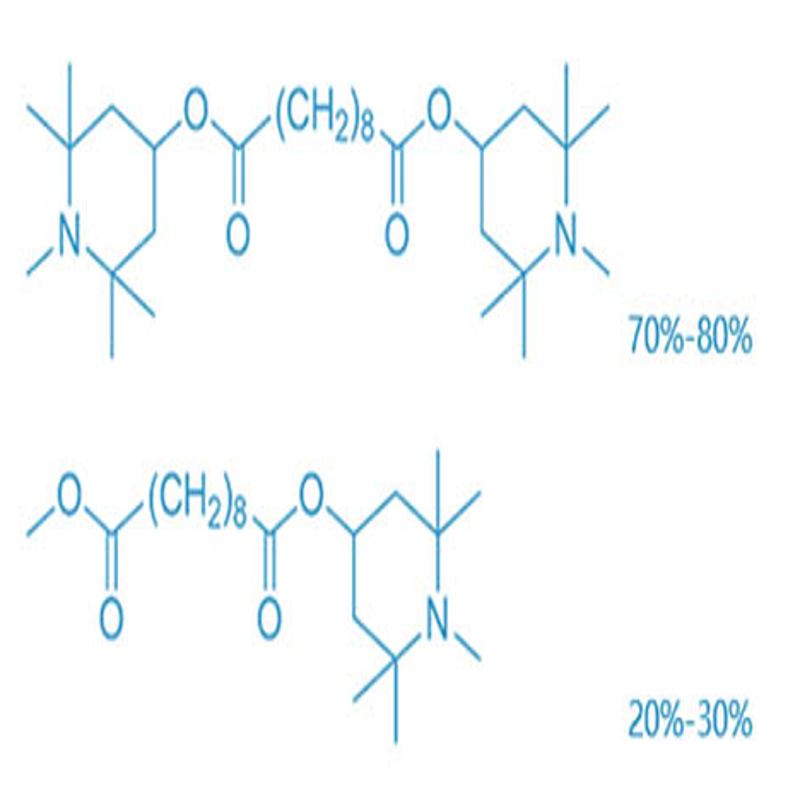-
Categories
-
Pharmaceutical Intermediates
-
Active Pharmaceutical Ingredients
-
Food Additives
- Industrial Coatings
- Agrochemicals
- Dyes and Pigments
- Surfactant
- Flavors and Fragrances
- Chemical Reagents
- Catalyst and Auxiliary
- Natural Products
- Inorganic Chemistry
-
Organic Chemistry
-
Biochemical Engineering
- Analytical Chemistry
-
Cosmetic Ingredient
- Water Treatment Chemical
-
Pharmaceutical Intermediates
Promotion
ECHEMI Mall
Wholesale
Weekly Price
Exhibition
News
-
Trade Service
Recently, the 56th Annual Meeting of the European Petrochemical Association (EPCA) was held in
Berlin.
This is the first annual meeting
since the global outbreak of the new coronavirus pneumonia in 2020.
Since the epidemic, the European petrochemical industry has undergone profound changes, among which the plastic recycling industry has become the most concerned issue
for practitioners in the European petrochemical industry.
Companies in the consulting, chemical and recycling industries have all put forward their own demands and visions
.
Consulting Industry The pace of transformation is not enough
Pearl Clevnais, a partner at Material Economics, a Swedish sustainability consultancy that has been acquired by McKinsey, said the European petrochemical industry must cut 200 million tonnes of CO2 emissions
by 2030 if Europe is to meet its net-zero emissions target.
However, according to the carbon reduction measures announced by the European petrochemical industry, the European petrochemical industry can only achieve 170 million tons of emission reduction during this period, and the overall pace of carbon reduction is still insufficient
.
Among them, the plastic recycling industry is the key
to breaking the game.
Cliveness said that the plastic recycling-related transformation of the European petrochemical industry may bring a market of more than 40 billion euros, of which the value pool of bio-based products is 5 billion ~ 17 billion euros, and the value pool of recycled products is 21 billion ~ 37 billion euros
.
In addition, there is a green premium for selling sustainable products, which have a potential market size of 20 million tons
.
Cliveness also said that the currently announced decarbonization target for the European petrochemical sector also means that the amount of plastics recycled in the EU will increase by about four times from 6 million tons per year in 2020 to 24 million tons
per year by 2030.
This will also lead to a huge market
.
The recycling industry also has a variety of issues to address
The recycling industry is more cautious
about the decarbonization of the petrochemical industry.
Tim Stedman, CEO of chemical recycling technology company Agilyx, said the European chemical circular economy is growing, but there are still challenges
at the technical level.
Stedman told EPCA participants: "If you want to make the circular economy a reality, you need to solve the problem of
sourcing, treating, converting and purifying waste from raw materials.
Stedman admits that waste raw materials are the "number one issue" in creating a circular economy for plastics, but the production industry cannot assume that the price, quality and availability of waste materials are all appropriate
.
There must be more innovation, collaboration and investment
in waste disposal.
Stedman said: "Industry needs to play an active role
in supporting this.
Recycling levels in Europe are alarmingly
low compared to other regions.
”
Stedman said a variety of chemical recycling technologies are being developed around the world, and the overall challenge is so complex, each with its own roles and limitations
.
He cited a McKinsey study that said that the world needs a total investment of more than $40 billion to build the necessary factories to chemically recycle
5%~8% of plastic waste.
Stedman said: "We need to rethink the supply chain
.
Plastic waste comes from hundreds of different sources and is very complex, and the chemical industry is more suitable
than the waste disposal industry in terms of recycling.
He also believes that it is now possible to build artificial intelligence models to process different types of waste, using digital technology to improve the efficiency of the
plastic recycling industry.
Production industry needs to open up the whole industry process
In terms of production sector, Solvay CEO Eliham Cadri stressed that the European petrochemical industry will continue to need carbon, but if it is to be successfully decarbonized, it will need alternatives to fossil-based carbon and better sources of
carbon.
"Carbon is not the enemy
.
Thomas Caspari, senior vice president of Shell's chemicals and products business in northwest Europe, said that if the chemical industry is to successfully transform, it needs to respond
to consumer expectations.
As for consumer demand, Caspari said: "Society expects us to address the challenges of
climate change and recycling.
Their hopes for the petrochemical industry include producing products containing recycled materials, using bio-based ingredients in beauty and cleaning products, and reducing their carbon footprint
.
”
Both Kadri and Caspari stressed that technology is not an issue
for the current European petrochemical industry.
However, if the industry wants to go further, it must be more widely coordinated
.
For example, to expand the renewable materials business, the waste recycling process must be integrated
.
"Waste needs to be used more as a resource to improve
circularity," says Cadri.
We need the support of policymakers, and more EU regulations are needed to prevent waste from ending up in landfills
.
There is a need for industry to build coalitions and be supported
by policymakers.
The current ban on the movement of waste across national borders within the EU hampers supply chains
that set up recycling facilities throughout the region.
"Plastic waste is a vital raw material, and if Europe acts early to increase the amount of waste collected and sorted, it could be a big advantage
.
" Garbage can become shale gas
in Europe.
”
Regarding investments in sector sustainability, Caspari noted: "Europe has been at a chronic cost disadvantage compared to other regions
when it comes to oil-based energy and feedstocks.
Sustainability will be our opportunity to
stand out on the world stage.
The path to sustainability comes with investment, and there needs to be an economic incentive to do these things, and collaboration between industry players will spur more investment
.
”







